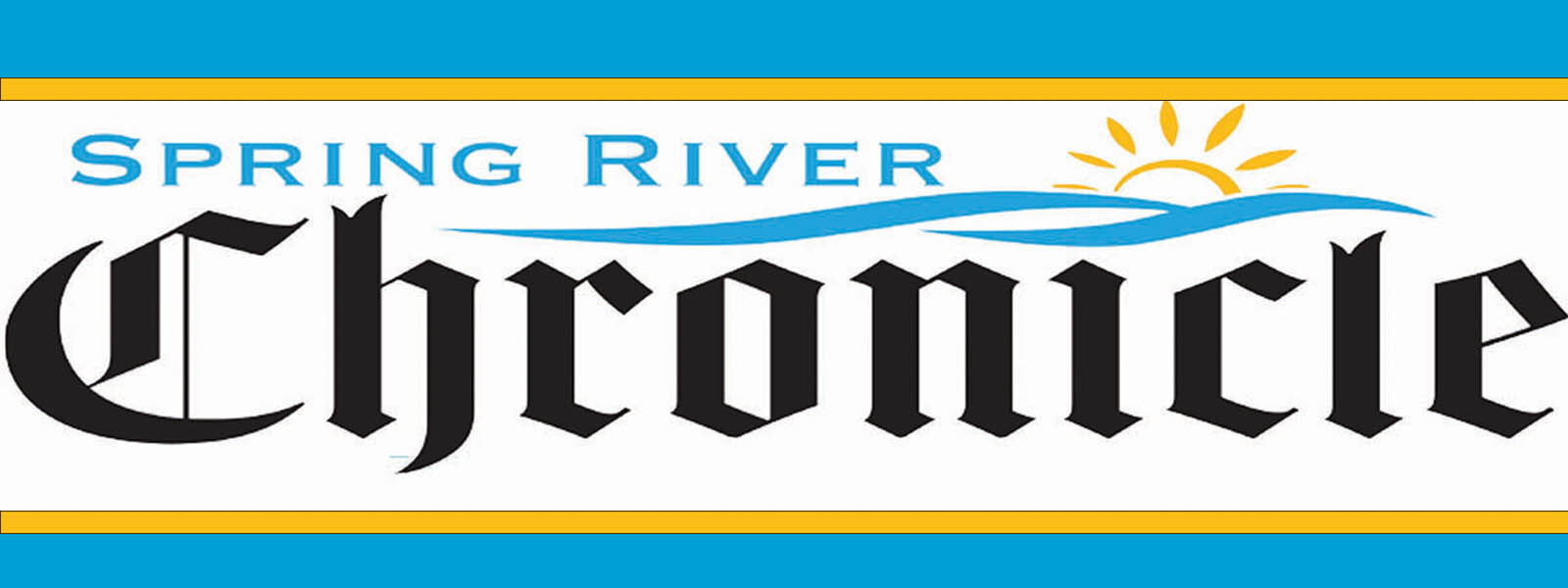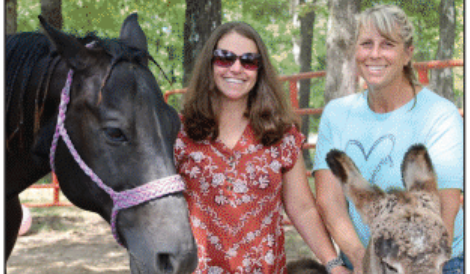Photo/Submitted
Suzanne McCracken (Licensed Professional Counselor) and Michelle Tupper (Licensed Master of Social Work) have both taken the steps to become certified in equine-assisted psychotherapy.
Helping students and providing them with what they need in order to be successful can happen in many different ways. The one-size-fits-all approach typically won’t be successful. Two therapists from Highland Schools have brought a new method of therapy to the district: equine-assisted psychotherapy. This method has been used very little in this area before and is contributing to the growth and success of over 45 of our Highland students.
Suzanne McCracken (Licensed Professional Counselor) and Michelle Tupper (Licensed Master of Social Work) have both taken the steps to become certified in equine-assisted psychotherapy.
The process is remarkable, and the progress made by students has been notable, to say the least. Students are more open and comfortable sharing their stories in a safe and natural environment where they can create and share externally. They are empowered by developing their own solutions to their own problems that they see from their perspectives rather than the things we see as problems or difficulties.
The process requires the therapists to be as noninterpretive and nonjudgmental as possible; students feel heard and understood. One therapist said, “We believe all people are able to come up with solutions on their own if given the opportunity. We want our students to come up with their own solutions without us inserting our own agendas.”
Progress can be made much more quickly than in traditional talk therapy. Sometimes it’s the petting or brushing of the animals. Sometimes it’s the way an animal reacts or the personality the animal brings to the session. Sometimes it’s the calmness of simply talking while watching the animals in the pen. No matter the situation or the need, students in sessions turn the pen, the animals, the field, the barn, the hula hoops, the horseflies, etc. into their own storyboards; they tell their own stories. If one horse is being ornery and blocking a path or refusing to move, the scenario may remind them of themselves not wanting to go to school. One small horse always near the big horse might mean protection or safety, and they may relate that to their mom, grandparent, therapist, teacher, and so on.
Tupper recalls a particular story of working with a student; the miniature donkeys wouldn’t go forward through the hula hoops and kept walking backward. She says, “I asked her ‘What happened with the small black horse out there?’ The student replied, ‘Sometimes I have to go backward in order to move forward.’ If I had put my own agenda on it, it would have been ‘nothing gets accomplished when you’re stubborn and unwilling to move forward toward change.’ But this student was able to use the animals and the situation to tell her story instead of mine.”
The equine-assisted psychotherapy services that the district’s therapists offer include diagnostic assessments; treatment planning; reduction of anxiety and stress; individual, family, and group psychotherapy; psychoeducation and collaboration with teachers, principals, family members, doctors, and the justice system.
Both Tupper and McCracken feel blessed to have the opportunity to serve the students of the Highland School District and look forward to the program growing to help even more students.

